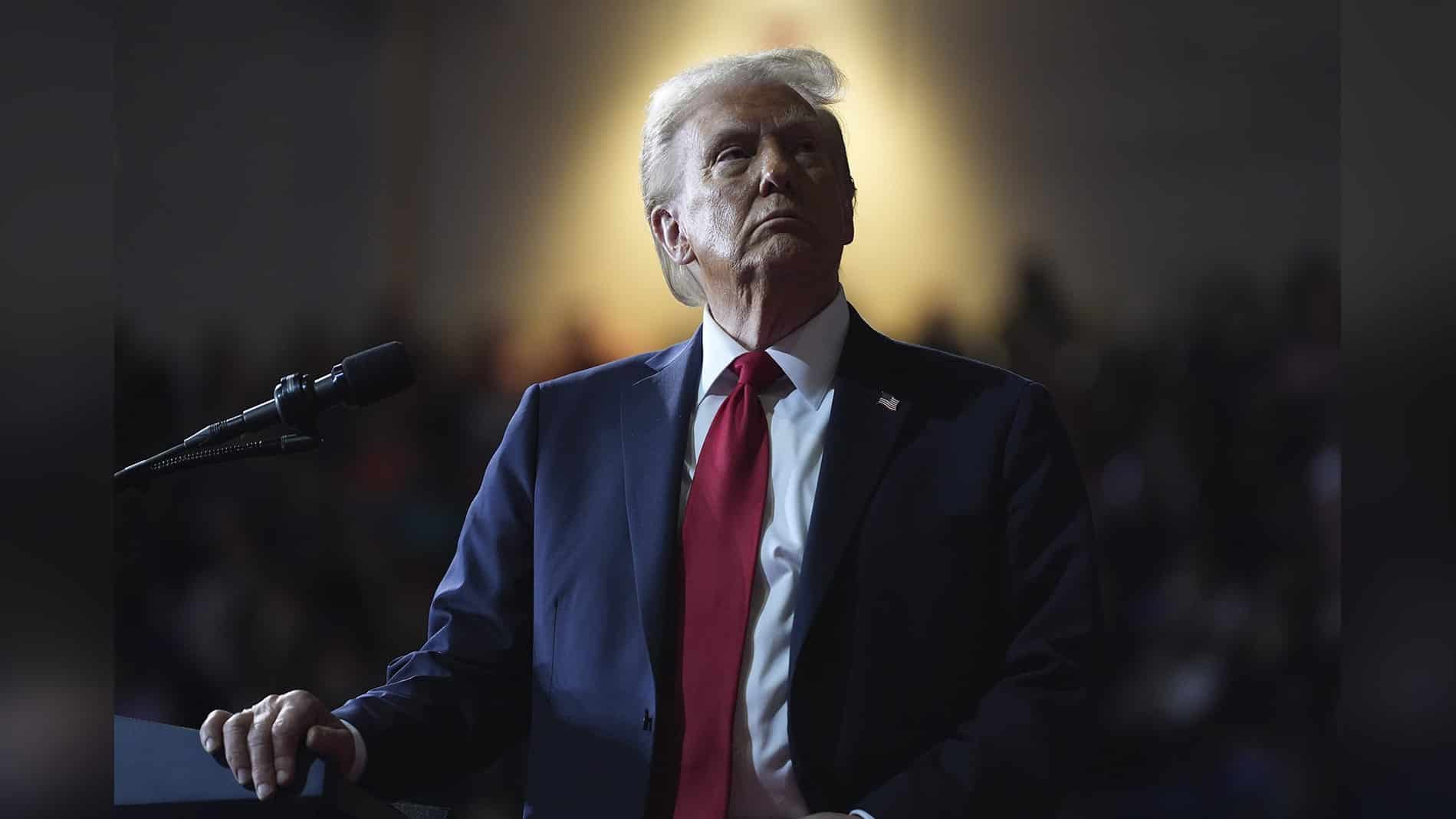
In Tennessee's evangelical heartland, pastors are increasingly looking beyond traditional political solutions to address America's pressing cultural and economic woes. Pastor Allen Jackson of Murfreesboro views the recent election results as a reprieve rather than a victory, emphasizing the need for a biblical worldview and personal responsibility in cultural restoration. He warns that America faces judgment for defying biblical principles, asserting that political solutions alone are insufficient to solve the nation's problems. [d8d03ff3]
Many pastors, including Ben Cowell and Mike Waddy, express concerns about economic issues that transcend political ideologies. Cowell criticizes the role of social media in exacerbating polarization, while Waddy highlights the struggles faced by fixed-income individuals due to rising inflation. Their focus reflects a broader sentiment among evangelical leaders who prioritize unity and collaboration over partisan divides. [d8d03ff3]
Cliff Marion of Covington echoes this sentiment, advocating for a collective approach to address societal issues rather than getting caught up in political battles. Erik Reed of Lebanon, however, supports Donald Trump's second term, believing that his economic reforms could provide much-needed relief to struggling communities. [d8d03ff3]
This movement among Tennessee pastors aligns with a growing recognition that addressing cultural issues requires a holistic approach that integrates faith, community engagement, and economic responsibility. As they navigate the complexities of modern society, these leaders are calling for a renewed commitment to biblical principles as a foundation for restoring hope and unity in their communities. [d8d03ff3]